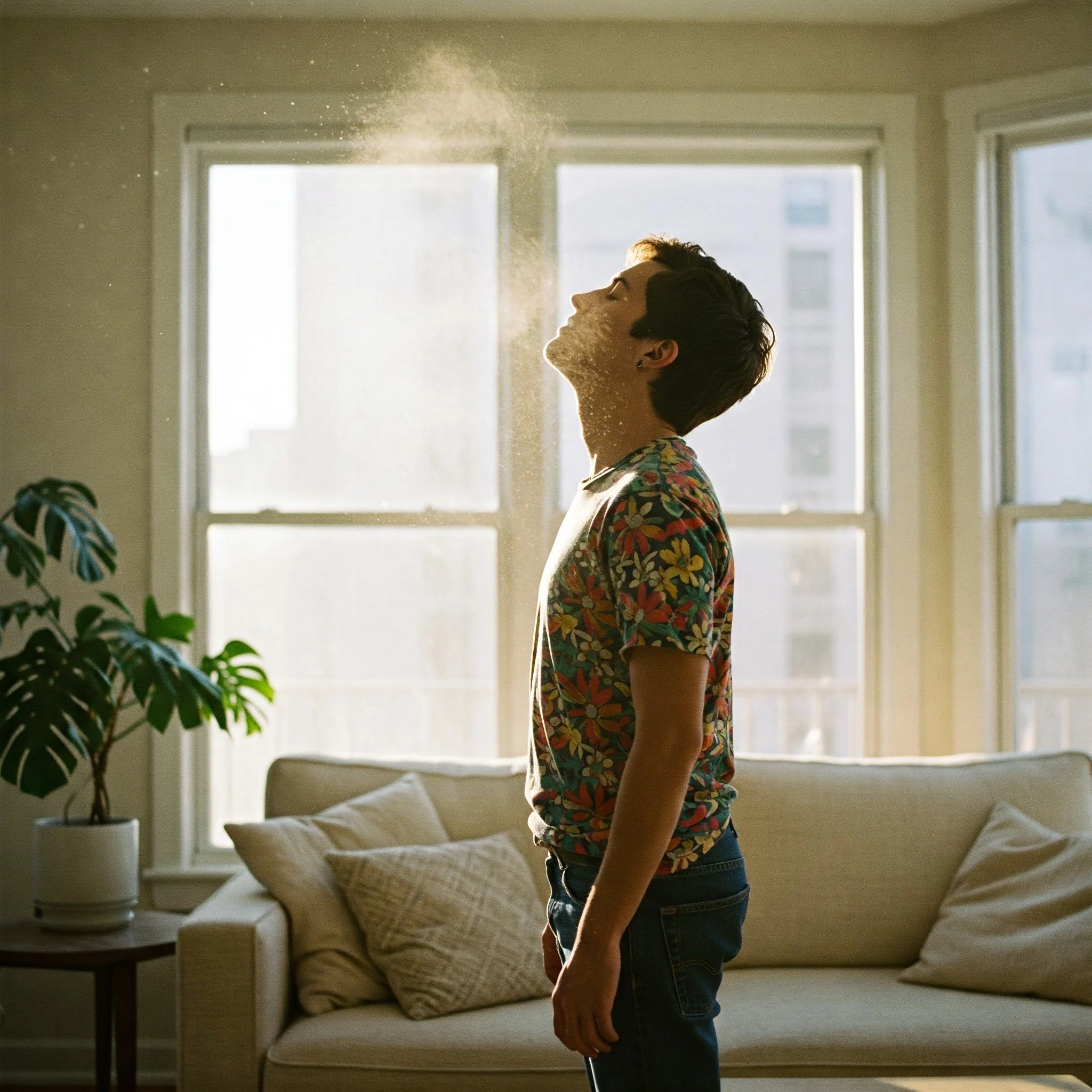A few years ago, Fine Homebuilding published a very energy-efficient house that had a recirculating range hood. The reason for the recirculating hood was to avoid punching an additional hole in the air barrier and to avoid the need for makeup air, if my memory serves me. Now I’m faced with a similar decision. Seems recirculating hoods won’t remove moisture from the kitchen—do they at least do an adequate job of filtering the air?
Read MoreThe United States faces a significant, yet largely unregulated, public health challenge: the quality of the air inside its buildings. Americans spend approximately 90% of their time indoors , breathing air that can be two to five times, and occasionally more than 100 times, more polluted than outdoor air. Despite this reality, the nation lacks a comprehensive federal code specifically governing indoor air quality (IAQ), relying instead on a fragmented system of state regulations, voluntary guidelines, and limited occupational standards. This regulatory gap results in inconsistent protection and contributes to a silent epidemic of health problems—ranging from asthma and allergies to cardiovascular disease, cognitive impairment, and cancer—and imposes a substantial economic burden through healthcare costs and lost productivity, estimated in the tens to hundreds of billions of dollars annually.
Read More

